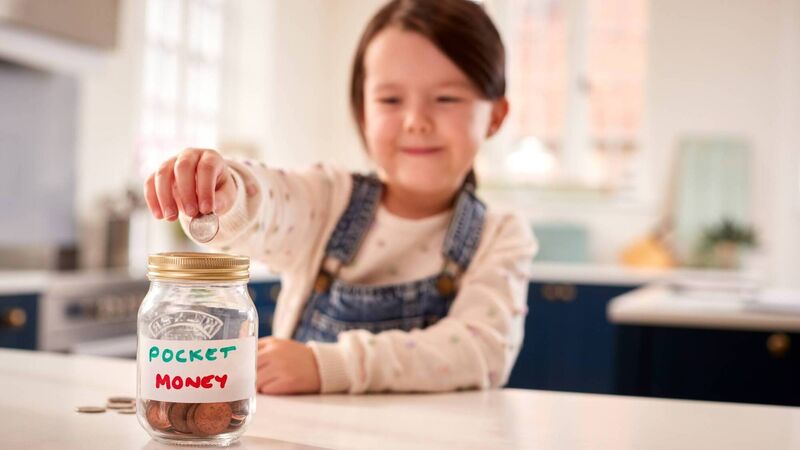Consumer Corner: Should you give your child pocket money to teach them about saving?

By age seven, children can develop money habits that can last a lifetime.
Try from €1.50 / week
SUBSCRIBEMid-term break is just over, but the Easter holidays are just around the corner. This will mean kids have more time away from the classroom and with that comes freedom. However, school holidays can be expensive times for parents, so when is it time to start teaching your children about money and saving? Is it ever too young? After all they should know that money, as we say, “doesn’t grow on trees”.
Financial expert Frank Conway says that children as young as three years of age are identified as having developed an awareness of money and by age seven can develop money habits that can last a lifetime.
Already a subscriber? Sign in
You have reached your article limit.
Annual €130 €80
Best value
Monthly €12€6 / month
Introductory offers for new customers. Annual billed once for first year. Renews at €130. Monthly initial discount (first 3 months) billed monthly, then €12 a month. Ts&Cs apply.
CONNECT WITH US TODAY
Be the first to know the latest news and updates
Newsletter
The best food, health, entertainment and lifestyle content from the Irish Examiner, direct to your inbox.
Newsletter
The best food, health, entertainment and lifestyle content from the Irish Examiner, direct to your inbox.
© Examiner Echo Group Limited